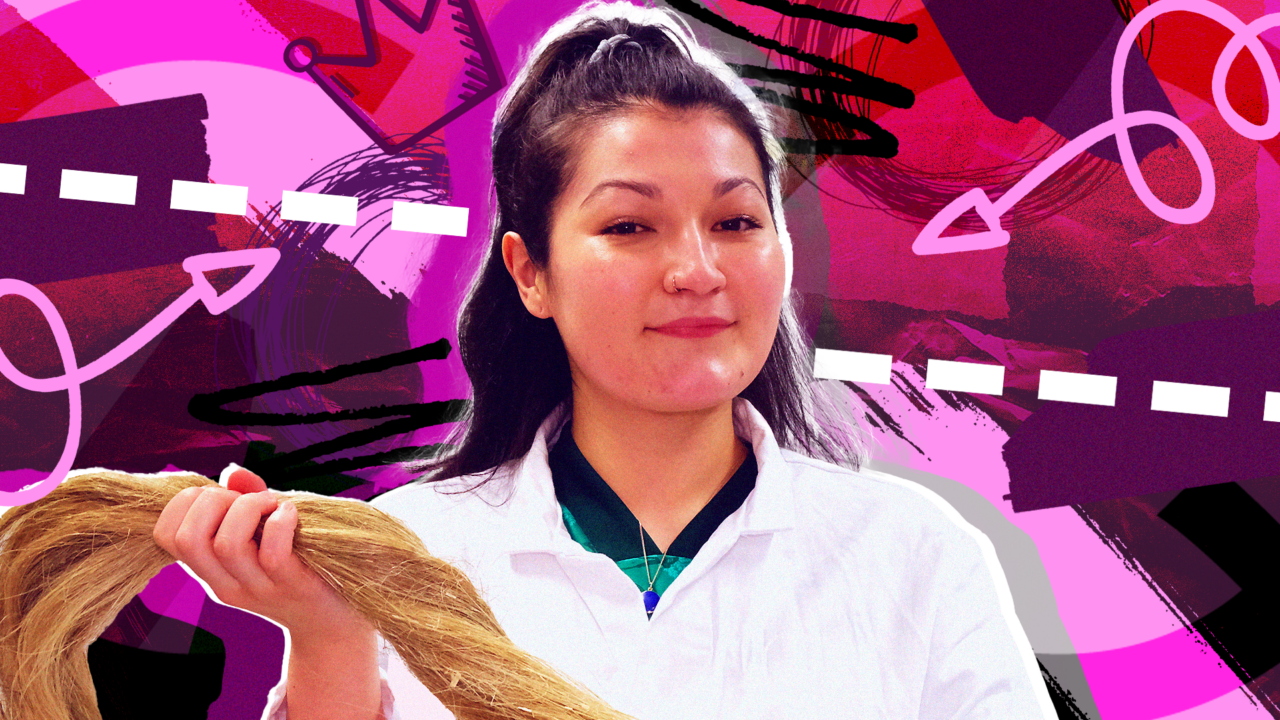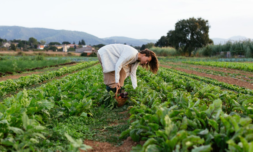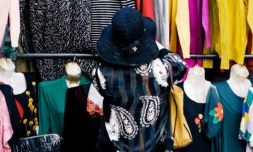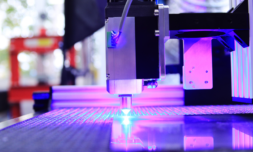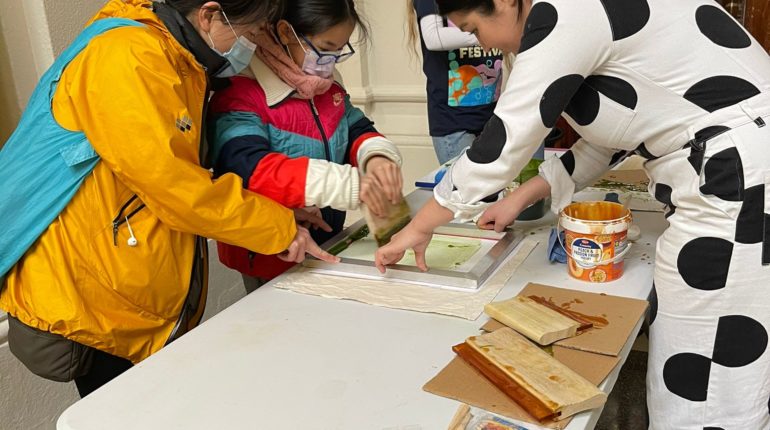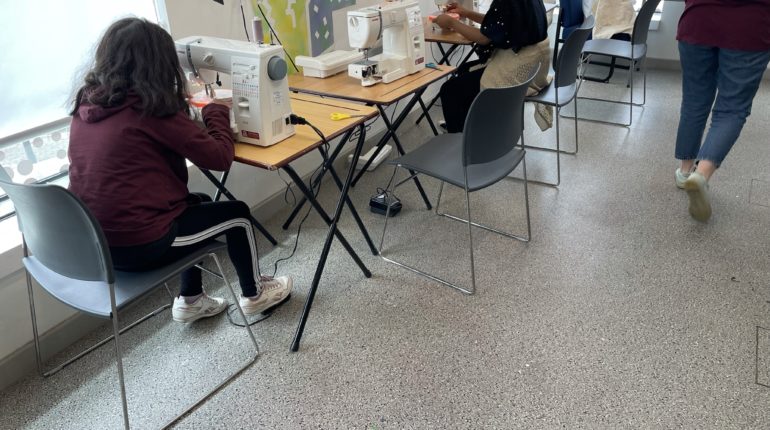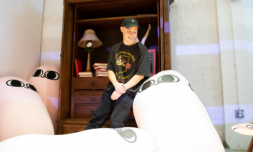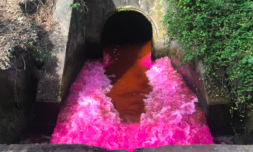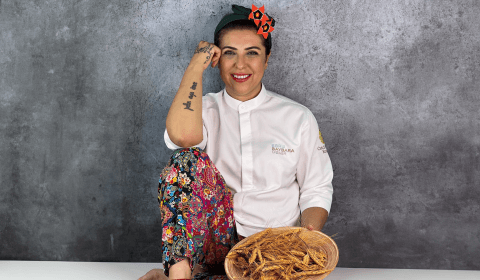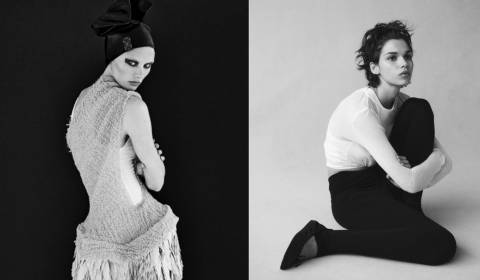The founder of a fashion research studio that focuses on using regenerative materials and systems of production believes that new innovations can only bring about change if we educate society about why they’re necessary. We spoke with her about the work she’s doing to achieve this.
‘It’s no longer enough to just be making sustainable materials, we need to be encouraging critical thinking about their use as well,’ says Cassie Quinn.
The founder of a fashion research studio that focuses on using regenerative materials and systems of production, she believes new innovations can only bring about change if we educate society about why they are necessary.
Since her early start in this field with a bachelor’s degree in textiles, Cassie’s journey has seen her become one of Central Saint Martins’ first-ever MA graduates in the exploration of bio-informed design strategies as a driver for planet-positive concepts.
It was there she learned to combine her creative and technical expertise with a fresh take on how every sector should be adopting a holistic mindset when considering how to adapt to the current climate.
‘Everything on Earth is connected and what we make has consequences,’ she says. ‘We need to anticipate the negative impacts of every new solution and address them from the earliest stages of development.’
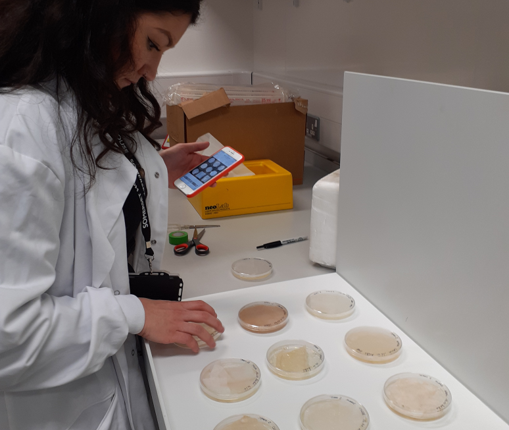
Today, frustrated with the amount of greenwashing and contradictions that fashion continually appears to resort to – which she was made aware of during her time as student – Cassie is seeking to interrogate the industry at large’s outdated methods by pushing for better teachings of the damage they cause and what solutions are available to rectify this.
‘How can we generate more value from the things we call waste?’ she asks.
‘That’s my approach: acknowledging the power of natural resources and analysing how we can integrate them into existing systems.’
This is the message she’s striving to convey with her science-cum-craft-based company, CQ Studio, which has so far conducted a range of highly unique projects.
These include Inflaxuation, which investigated the potential of regenerative agricultural practices specifically related to flax (a material Cassie proved to have far more value than was initially perceived); Excessories, which set out to resolve the issue that dyeing fabrics presents to the environment; and Semi-Skinned, which is an amalgamation of all she’s been involved with to date that’s still in the works.
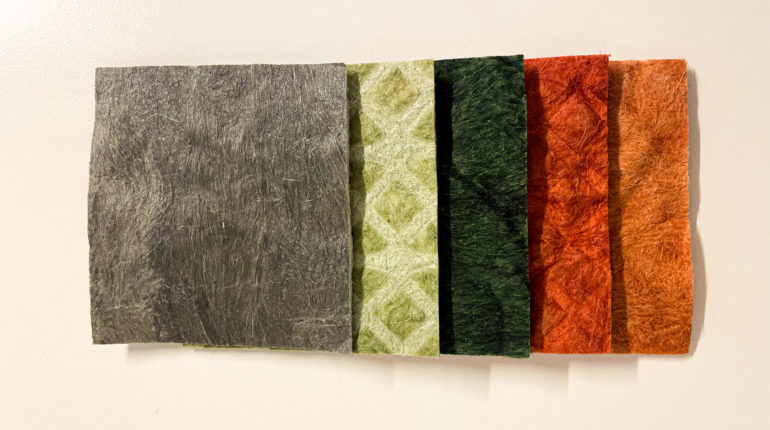
‘The word sounds new, but the concept of BioDesign is actually very old,’ she explains.
‘It’s about looking back as much as it is about looking to the future. On this note, I’m focused on looking around the natural world to find solutions to the challenges faced by the fashion industry.’
Regardless of how many brands and independent designers chose to reaffirm their sustainability commitments throughout the pandemic – which itself made Cassie rethink whether she wanted to be someone who solely creates and sells textiles or a force for change who’s making people question how they’re produced – this is especially revolutionary for fashion, an industry renowned for its one-sided relationship with the planet and prominent role in damaging ecosystems.
According to Cassie, it’s simply not enough anymore to be ‘less bad’ and the shift towards being part of the solution by manufacturing products that tangibly benefit the environment is what will truly make a difference.
More so than claiming to use less energy or water and addressing pollution levels.
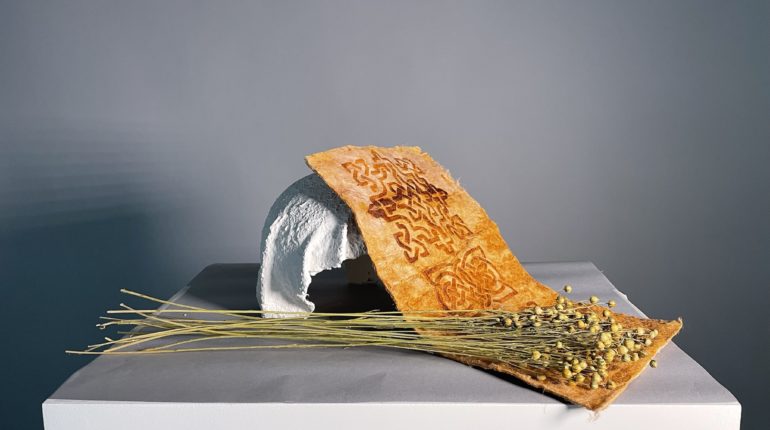
‘The term ‘regenerative’ is quickly becoming a buzzword because people are gradually recognising the importance of giving back what we’ve so readily taken away to provide space for healing.’
‘It’s no good to assume we can achieve circularity without restoring what we’ve depleted. That’s one of the most crucial components that we finally seem to be shifting towards.’









